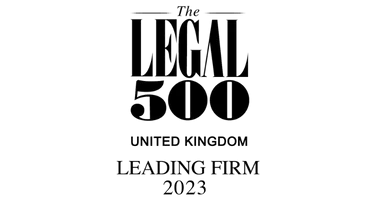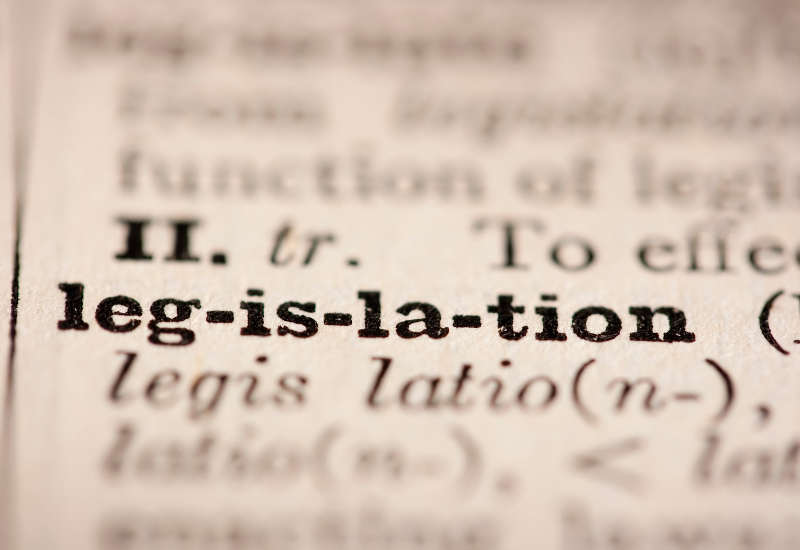In addition to general governance and regulation of charities we have significant experience in forming new charities and advising on and project managing the incorporation of charities.
Registration and formation of new charities:
We can assist with forming a new charity and ensuring that it is fit for purpose and works for its intended charitable aims from the start, this may include:
- Advice on legal structures and the options
- Advice on appropriate charitable objects ensuring they are fit for purpose (once a charity has been formed you cannot amend its charitable objects without the consent of the Charity Commission)
- Drafting an appropriate governing document for the charity
- Registering with the Charity Commission (and where applicable other regulators)
- Advice on the application for registration and necessary policies.
Incorporation of charities:
Unincorporated charities, such as those formed by Trust Deed or simple constitution do not have the same abilities and protections as incorporated charities and depending on the charity’s activities and operations this may pose a risk to the trustees and the charity. It is therefore worth trustees of an unincorporated charity considering whether there may be a benefit to changing their structure and ‘incorporating’ to form a new corporate charity. This is more likely to be beneficial where a charity holds property, employs staff and/or undertakes high risk activities.
We would be very happy to have a discussion around the process and benefits of incorporation and answer any queries you may have. As a guide the process of incorporation would usually involve the following steps:
- Undertaking due diligence enquiries on the unincorporated trust
- Advice on process for incorporation, including on the possible legal structures (usually a charitable company limited by guarantee or Charitable Incorporated Organisation (CIO))
- Formation of new corporate charity and registration with the Charity Commission
- Transfer of the charity’s operations and activities, including ensuring all necessary consents are obtained, conflicts of interest are managed, and necessary actions taken.
Alternatives to incorporation:
Sometimes it may not be appropriate for a charity to incorporate, this could be due to potential pensions exit debts being triggered on a change of status and/or issues around charitable assets on closure of the unincorporated charity. We can help you identify where these may be an issue and where applicable discuss and advise on alternatives to incorporation (for example forming a corporate trustee). Please do get in touch if you would like to discuss any concerns you may have and/or what alternative options there may be.
Why choose Trethowans?
Our charity lawyers have formed many new charities and have significant experience in drafting constitutions and applications for registration and corresponding with the registrations division at the Charity Commission. We have also acted on a wide range of incorporations and have the experience and knowledge to support and advise you on the options, benefits and potential risks of your charity incorporating.











